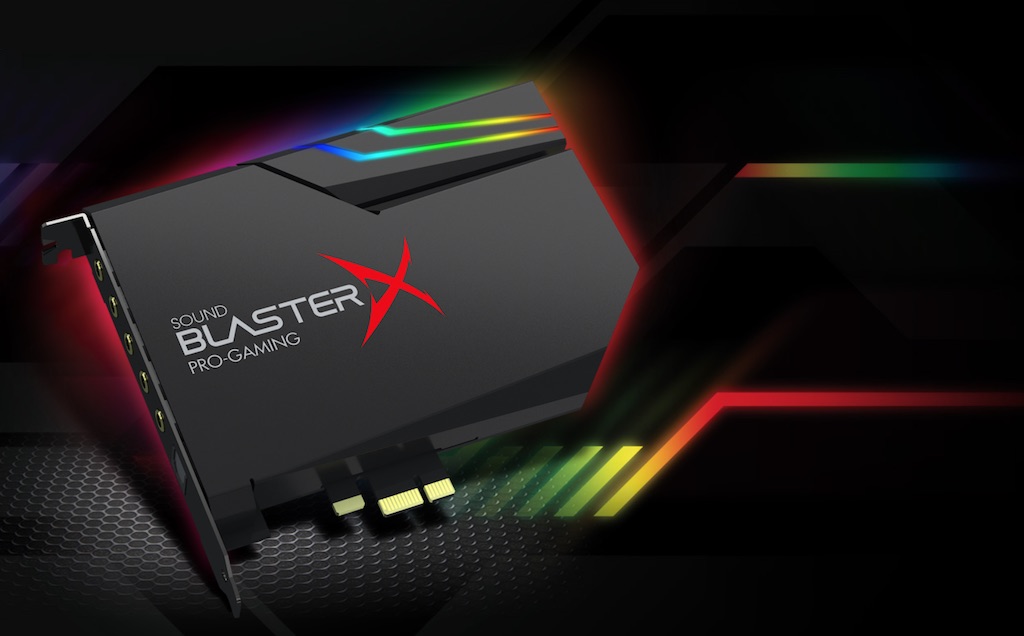
When it comes to computer upgrades that offer a marked improvement over stock equipment, the usual suspects are graphics cards, SSDs and RAM. Those are all good options, but one is frequently overlooked and it can add a new level of immersion to your computing experience, just as much as a new graphics card can. Sound cards are seldom mentioned when it comes to upgrades, but they can make a real difference, whether you’re gaming, streaming movies or listening to music.
Here’s what you need to know about PC sound cards and how they can provide a huge boost to your computer’s sound.
Upgrade to surround sound + effects
All computers and laptops come with a sound card pre-installed (actually the components are often soldered to the motherboard in the same way that integrated graphics are) and that’s one of the reasons we take the component for granted. There’s a little speaker or two somewhere on the case, and a headphone/microphone jack, so sound is taken care of. It works, so we don’t really thing any more about it.
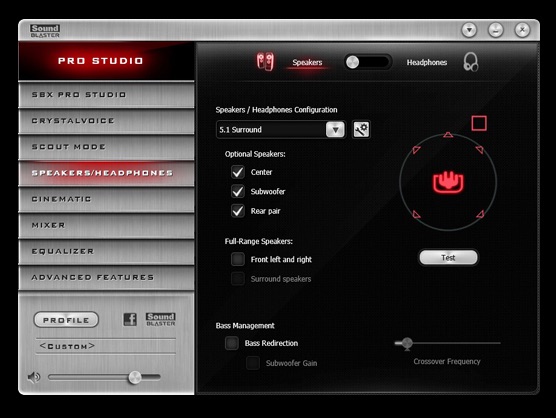 However, high resolution digital audio files and multi-channel surround sound often require an upgrade if you’re going to get the most out of them. That’s where a sound card comes in. These components are designed specifically for enhanced audio performance, so many come with support for advanced features like DTS surround audio. As with any component, the higher you go up the price chain, the more features will be supported and the higher the quality, but even a basic sound card is probably superior to what comes with your PC.
However, high resolution digital audio files and multi-channel surround sound often require an upgrade if you’re going to get the most out of them. That’s where a sound card comes in. These components are designed specifically for enhanced audio performance, so many come with support for advanced features like DTS surround audio. As with any component, the higher you go up the price chain, the more features will be supported and the higher the quality, but even a basic sound card is probably superior to what comes with your PC.
Many sound cards also come with software that let you tweak different aspects of your computer’s audio. That might be as simple as treble and bass adjustments, but can include a complete EQ, and the ability to adjust audio settings individually for different outputs like headphones and speakers.
Gamers are prime candidates
Of all the groups that benefit from upgrading to a sound card, gamers are probably ground zero.
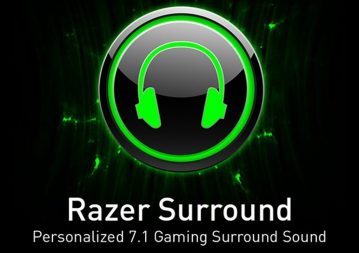 Most AAA games support immersive 5.1 channel or 7.1 channel surround sound audio, and many have begun adding 3D sound effects. If you’re not taking advantage of that, you’re missing out on a big part of the game. In addition, if you switch from onboard audio to a discrete sound card, it takes a bit of load off the computer processor. In some games, that can reportedly amount to gaining three or four FPS (frames per second). That doesn’t sound like a lot, but for gamers trying to eke every ounce of performance out of their system, it certainly doesn’t hurt.
Most AAA games support immersive 5.1 channel or 7.1 channel surround sound audio, and many have begun adding 3D sound effects. If you’re not taking advantage of that, you’re missing out on a big part of the game. In addition, if you switch from onboard audio to a discrete sound card, it takes a bit of load off the computer processor. In some games, that can reportedly amount to gaining three or four FPS (frames per second). That doesn’t sound like a lot, but for gamers trying to eke every ounce of performance out of their system, it certainly doesn’t hurt.
In support of the quest to light up every available surface of a gaming PC with LED lighting, you can find audio cards that feature integrated LED lighting effects.
Up your headphone game
Do you enjoy listening to music through headphones connected to your computer? If so, that music is being processed by a DAC (digital audio converter) and an onboard amplifier. And the versions that ship standard with a PC are often not the best quality. Good enough for mainstream, but music purists notice the shortcomings. Upgrading to a sound card with an improved DAC will make music played on the computer sound far better and the amplifier will not only improve sound quality, but also increase the maximum volume.
Musicians take note
If you happen to be a musician, a sound card will be of particular interest. Yes, it will improve the audio performance of your computer which is a good thing. But a sound card is also the key to using your computer for mixing or capturing a performance. A sound card will have audio inputs (RCA, 3.5mm and optical are common options), as well as outputs—and some include a MIDI port as well.
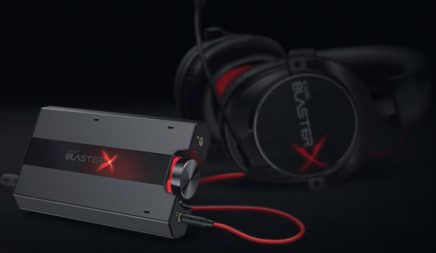 Internal or external?
Internal or external?
Here’s where there are some big choices to be made, and a point where your choice of computer form factor and operating system come into play.
For most PCs, a PCIe sound card is the easiest add-on. However, if your PC has no available PCIe slots, or you’re using a laptop, or you are on a Mac, then these cards aren’t an option. However, all is not lost. Many companies offer external, USB-based “sound card” solutions (complete with their own input and output ports), with drivers for both Windows and Mac use. These are a great option for boosting a computer’s audio capabilities without even cracking the case open. You just need a free USB port and a little desktop space.
You may need some extras
The good news is that a sound card can seriously upgrade your PC’s sound capabilities. That’s not quite the same thing as making your computer sound better, though …
The key thing to remember here is that the sound card does all the sound processing, but that’s all happening in the background. In order to actually hear those cool effects, surround sound and pristine music playback, the audio has to output to something—and that something needs to be up to the task.
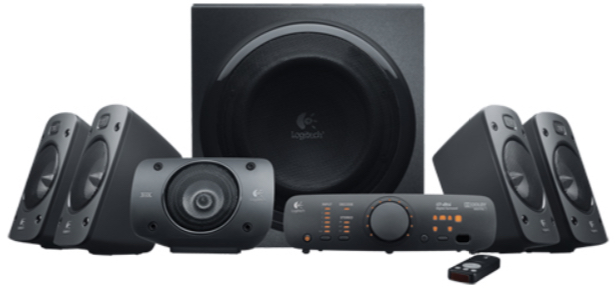
So if you install a new sound card with a high performance DAC, cue up your favourite play list, then plug in the earbuds that came as a free pack-in with your smartphone, you are going to be disappointed. The terrible drivers in the earbuds are the limitation here, not your sound card. Same thing if you invest in a sound card that outputs 7.1 channel surround audio, stream a 4K movie that fills your widescreen UHD computer monitor and then plug in a pair of basic desktop PC speakers. You are not going to be experiencing movie theatre-like sound. All that audio processing magic goes to waste unless your equipment supports it.
So as part of your upgrade to a sound card, make sure to scope out your computer audio gear—headphones and speakers—and make sure they’re capable of taking advantage of the improved audio. If they’re not, you have some more shopping to do …
You can find all the latest PC upgrade components including sound cards at Best Buy. Which is also home to the accessories you might need, including headphones and computer speaker systems.


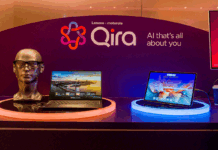

I haven’t built a computer in years. This looks like a great sound card that I’ll keep in mind when I’m ready to try again.
wow awesome !
Comments are closed.